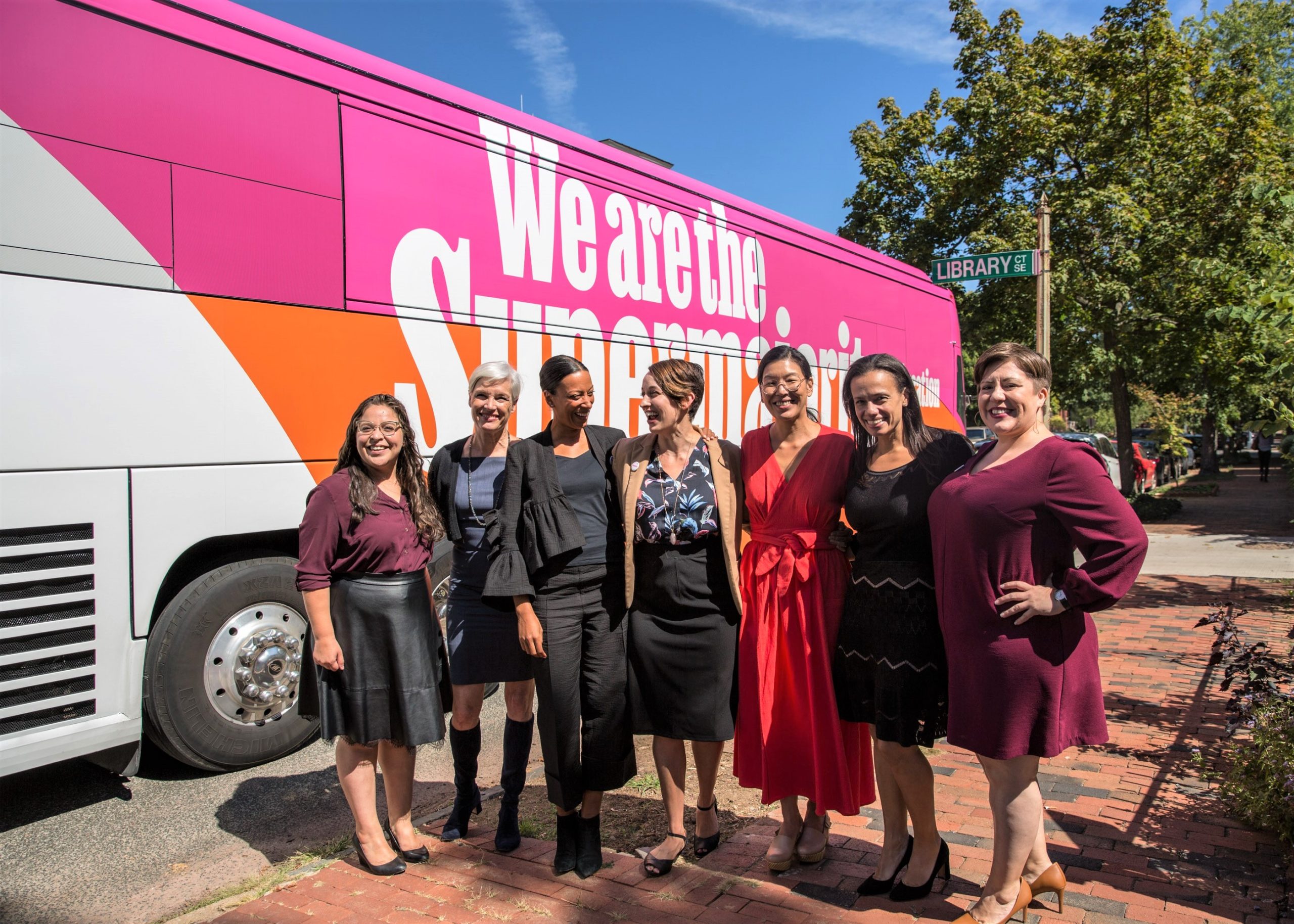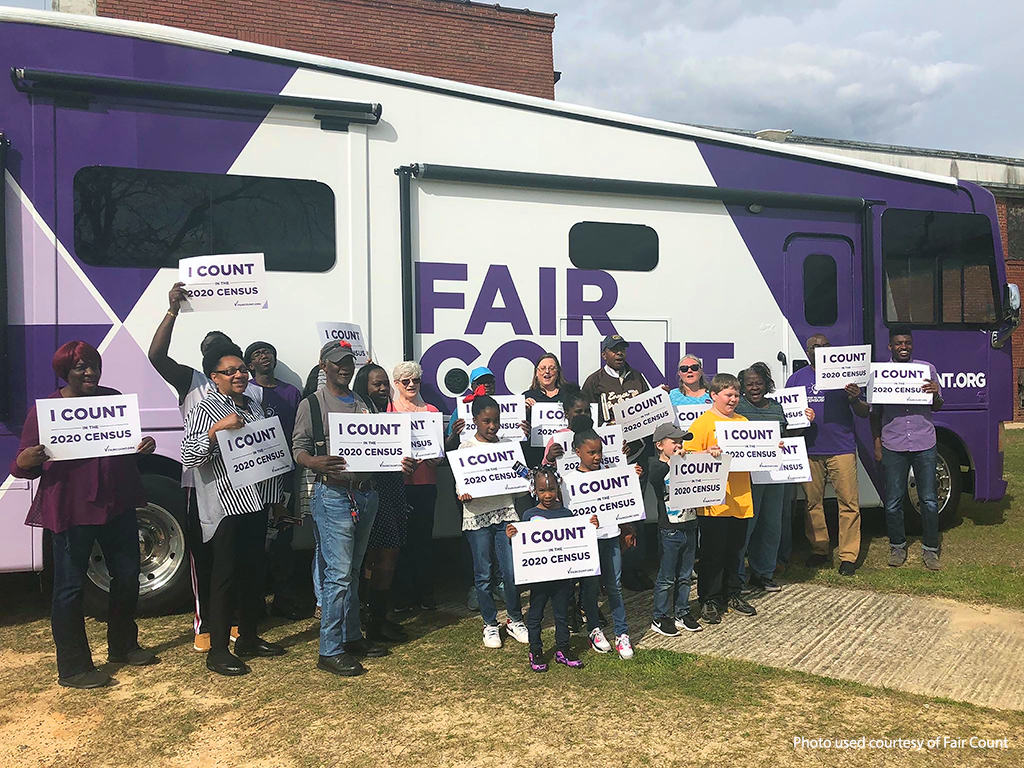When Congress passed its $1.2 trillion bipartisan infrastructure bill in November of 2021, communities across America were suddenly poised to receive a massive federal investment. While this is a tremendous victory for cities across the country, organizations like Next Century Cities know that significant work remains before every community can use those federal dollars effectively.
Next Century Cities (NCC) is a bipartisan, city-to-city initiative dedicated to ensuring the availability of affordable, high-quality broadband internet for all communities. Having been engaged in this work since 2014, the organization fully understands the magnitude of the opportunity it’s currently facing.
“It’s a once-in-a-lifetime federal investment,” says Brian Donoghue, deputy director of Next Century Cities. “The sheer amount of funding that the Infrastructure Investment and Jobs Act (IIJA) is putting into broadband is orders of magnitude greater than anything we’ve seen previously.”
Of course, the IIJA casts a wider net than connectivity. Its targeted investments range from rebuilding roads, bridges, and railways to expanding access to clean drinking water, tackling the climate crisis, and promoting environmental justice. But one major priority in the deal—one that comes with $65 billion in federal funding—is bridging the digital divide and investing in every community’s ability to access affordable high-speed internet.
Speaking Up for Cities
Next Century Cities’ ongoing work played a role in ensuring that the IIJA included local investment. The organization served as an intermediary between policymakers and community leaders to raise and address connectivity concerns. NCC’s federal policy counsel participated in working group meetings with the White House, members of Congress, and the Federal Communications Commission to ensure that the bill reflected the needs and perspectives of those on the ground.
However, passing the IIJA was only half the battle. Now that the bill has become law and funding programs are being established, Next Century Cities is helping to ensure that cities have the information they need to take advantage of this historic investment.
“There are many different factors that keep people from bridging the digital divide, whether it’s trust, cost, infrastructure, or something else,” says Corian Zacher, the organization’s senior policy counsel. “Funding isn’t enough on its own. We’re working with cities, towns, and communities of all sizes to hear what’s keeping them from expanding broadband access and where specifically they need support.”
With back-end support from the New Venture Fund, NCC’s lean team has the capacity to act dynamically and help translate federal investment into on-the-ground change. Next Century Cities is currently conducting outreach to local leaders to determine their needs from policymakers and nonprofits. It’s also convening different local leaders, virtually and in person, to create space to share ideas and make it easier to access direct resources. These types of collaboration will allow communities to implement the funding they receive effectively. Next Century Cities recognizes that the IIJA can’t fix every connectivity problem in the country, but NCC is determined to make this influx of funding go as far and as equitably as possible.
Digital equity—ensuring that all people, regardless of circumstance, have everything they need to connect—is one of Next Century Cities’ core concerns.
“Right now, almost everyone with a higher income has the devices and service they need to connect,” says Zacher. “But many lower-income people and people in more remote areas have none of that.”
Personalized Connectivity Solutions
Delivering true digital equity requires going beyond the one-size-fits-all approach available through prior federal funding, because different communities face significantly different barriers. For example, rural areas might lack the basic infrastructure to provide connectivity, which communities must build in order to bridge the gap. In urban areas, the cost of devices or internet service might be the main issue, in which case city-sponsored device programs might provide a solution.
Through its work, Next Century Cities has seen countless variations of these challenges. To help community leaders and grassroots movements learn from its significant experience, the organization has been creating comprehensive case studies that document the connectivity barriers cities face and the tactics used to overcome them.
These case studies include specific stories about how each city or state worked with private partners to improve connectivity, what barriers or legal challenges they faced, and the solutions or local ordinances they were successfully able to deploy. For example, the organization’s Ohio case study details the specific factors making up the state’s digital divide, revealing that many rural areas remain entirely disconnected from necessary broadband infrastructure and that even in urban areas where service is available, affordability remains a challenge. The case study also documents the creative initiatives currently underway in Ohio communities to overcome these challenges, providing a starting point for cities around the country to benefit from these lessons learned.
What’s Next
Over the coming years, Next Century Cities will focus its attention on ensuring that communities are prepared to take advantage of the significant opportunity the IIJA presents. At the same time, the organization aims to serve as an amplification mechanism for the voices of local leaders as different state and local governments make policy determinations about how to spend federal funding. One mechanism for this work is its popular newsletter, which has become a source of discussion and learning for national and local policymakers, leaders, and advocates.
These spaces of connection and discussion are essential to Next Century Cities’ future success, and the organization is committed to nurturing them.
“We’re always trying to pivot our work to focus on the latest needs in the field,” says Zacher. “As technology changes, what communities need changes, and our role has to change as well.”
Next Century Cities knows that its work is far from over. The need for more accessible, equitable connectivity across the country is great, and it’s only getting greater—which is why this organization’s dynamic, inclusive work is more meaningful than ever.



